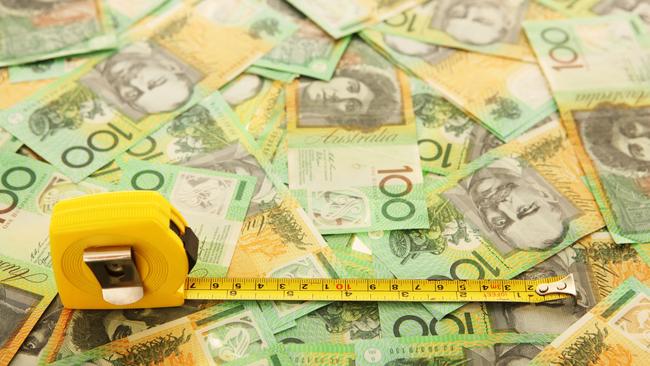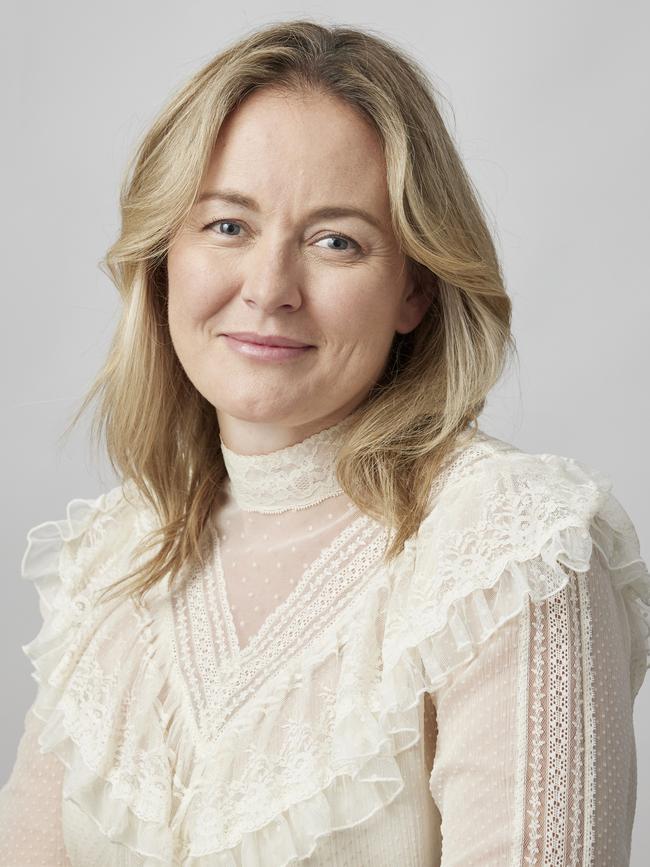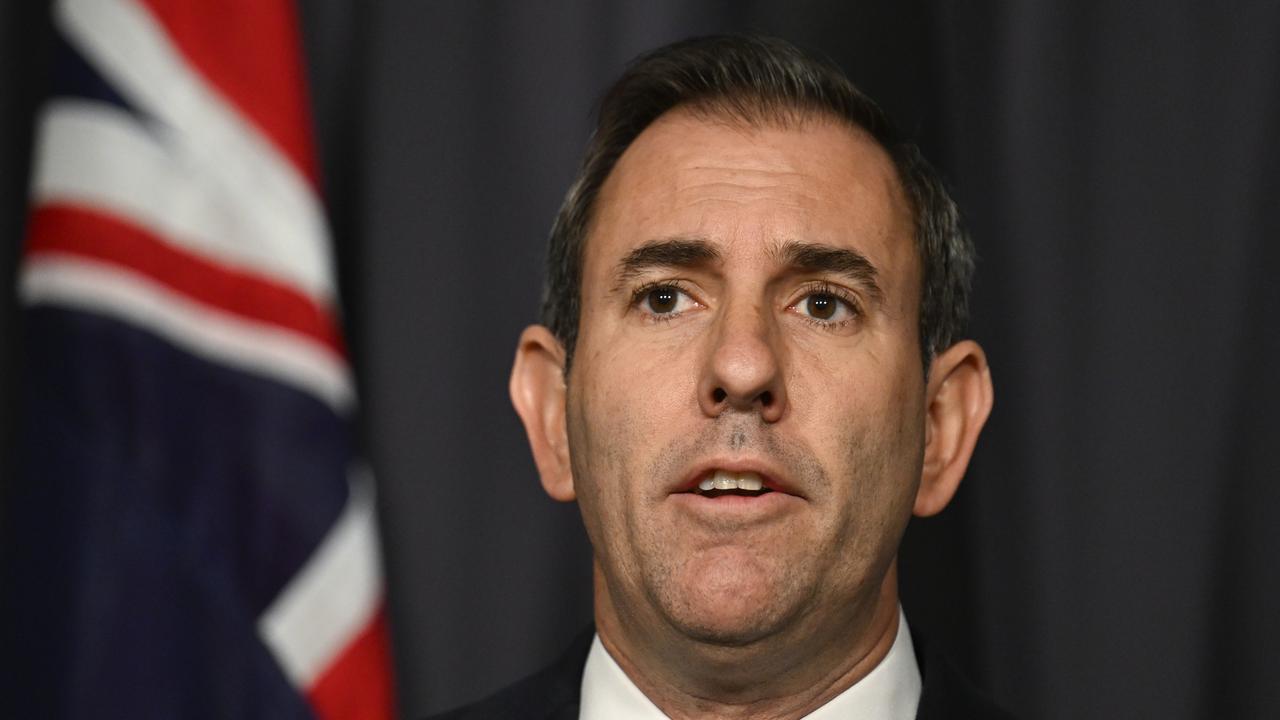Superannuation is yours, even if you’re not feeling it
Super fund balances are many people’s biggest asset, yet many still don’t see it as their own, research has found.

Almost half of all Aussies aged under 40 believe their superannuation does not feel like their own money, as confusion and uncertainty prompt people to switch off.
New research by Colonial First State has found that a majority of people are unsure how their super is performing, which it says should be a “wake-up call” for the $3.9-trillion industry.
It found 37 per cent of people don’t feel like their super is theirs, and the figure is much higher for under-40s: 49 per cent.
Colonial First State Superannuation CEO Kelly Power said the disconnection with super for younger adults was related to a “disconnection with retirement – it feels so far away”.
“The concept of retirement is not something they really relate to or resonate with,” she said.
Super could also be overwhelming and confusing, Ms Power said, particularly for people with multiple accounts wanting to navigate its complexity and combine accounts, or those considering extra contributions.
“Older members are much more engaged with their superannuation because of the size of the asset and because they’re getting closer to retirement,” Ms Power said.

The average super balance for a 30-to-34 year old is $56,000 for men and $46,000 for women, according to Australian Taxation Office figures, while for 60-to-64 year olds it is $403,000 for men and $318,000 for women.
However, it is important for younger people to engage with super early so they can build a nest egg big enough to retire comfortably.
“If you’re starting to try to get more funds into super, you want to get the benefit early of that compounding,” Ms Power said.
JBS Financial Strategists CEO Jenny Brown said she had noticed more people paying closer attention to their super.
“My gut feel is that it used to be ignored more when compulsory super first came in, but because we are now 30 years on, it’s changing, especially for those in their 40s and 50s,” she said.
“It used to be that thing we couldn’t touch for forever and a day.”
Prominent advertising campaigns, such as those from industry super funds, had shone a spotlight on super, but more could be done, Ms Brown said.
“I would like to see more education in schools,” she said.
“That would really help people understand that their super is their money, it’s part of their wage, and the more we can get that message out, the better.”

The Colonial First State research, which surveyed 2000 people, also found that 51 per cent of Australians had their super set on autopilot, not thinking about it, while two in five people said they got stuck trying to compare super fund performance.
“In a year where the difference between the top performing MySuper fund and the worst was more than 5 per cent, knowing how to compare your fund with others is essential,” Ms Power said.
She said soaring home values meant for many people super would be their largest asset, and the research was a wake-up call for funds to try to drive member engagement.
Some financial institutions display peoples’ super balances next to their bank account balances, a positive step in showing people it really is their money, and Ms Power said this type of technology should grow. “It’s about access to information, literacy, knowing who to talk to,” she said.
It was important to download your super fund app and check the balance, Ms Power said.






To join the conversation, please log in. Don't have an account? Register
Join the conversation, you are commenting as Logout